Award Recipients Spring 2015
Patricia Fabel
|
|
Kirk A. Foster
|
|
David Lee Miller (Coming of Age – ENGL 282)Getting students engaged in a large enrollment course can be challenging, but it is something at which Professor Miller has excelled. He intends to expand upon his previous successes by revising videos for the course and developing highly participatory activities for the fall semester. Students who enjoy learning will be more motivated to learn. Using the flipped version as a starting point, another goal is for this course to be presented also as a fully online course, which will help some students complete their Aesthetic and Interpretive Understanding requirement for the Carolina Core. Final Report |
|
Elina Levina and April South
|
|
F. Wayne Outten and Caryn E. Outten
|
|

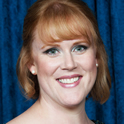 Fabel
Fabel Foster
Foster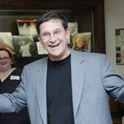 Miller
Miller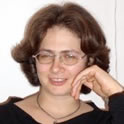 Levina
Levina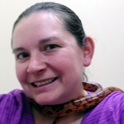 South
South W. Outten
W. Outten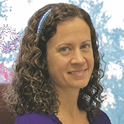 C. Outten
C. Outten